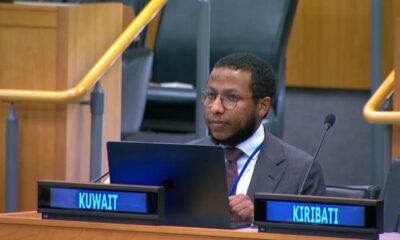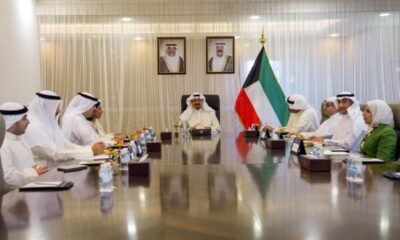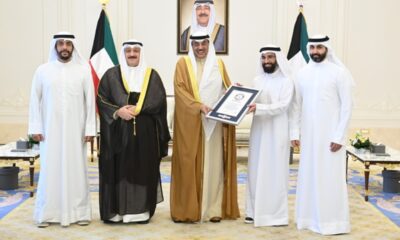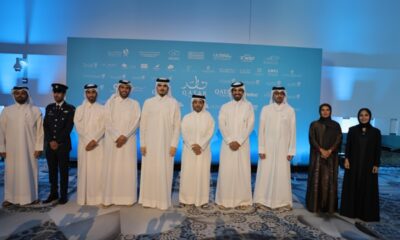KUWAIT CITY, Oct 12: Kuwait Integrated Petroleum Industries Company (KIPIC) aims to raise its profits for fiscal 2025/2026 by increasing its sales in local and international markets, which have been robust since the beginning of the year, say reliable sources. Sources pointed out that KIPIC recovered from the losses it suffered in previous years through the growth of its net profits, which amounted to about KD52.2 million in the 2024/2025 budget. They cited five main factors behind this growth.
First is the increase in the refining capacity of Zour Refinery, which reached 615,000 barrels per day in May 2024, ranking seventh globally in terms of production quantities. They explained that the refining capacity of the refinery in the years prior to its operational opening ranged between 205,000 and 410,000 barrels per day. The second factor behind KIPIC’s profit growth over the past year is the commencement of the merger of oil companies, particularly the merger of KIPIC into the Kuwait National Petroleum Company (KNPC), to shake off the losses.
The third factor is the result of the implementation of the spending rationalization policy pursued by the CEO of KNPC, who also serves as the acting CEO of KIPIC, Wadha Al-Khatib. The KNPC spending rationalization committee implemented spending rationalization last year, achieving financial savings for KIPIC estimated at KD27 million through this approach. Sources explained that the implementation of rationalization coincided with the provision of better products. The fourth factor is the focus on stimulating KIPIC’s sales in global markets by opening new markets. In the first half of 2025, the company was able to expand its sales of sulfur and diesel, in addition to producing the best type of low-sulfur jet fuel, and then exporting all of its products that comply with international requirements.
The fifth factor is the company’s interest in digital transformation, focusing on developing all aspects related to global technologies, including artificial intelligence, as these technologies are extremely useful in detecting and anticipating errors before they occur, which contributes to stable production. Sources added that there are other important factors behind KIPIC’s profitability, such as the signing of numerous contracts with international companies specializing in smart energy, renewing contracts with the largest global platforms related to technological development in the field of oil refining, and strengthening relationships with major refining companies to mutually benefit from each other’s expertise.
By Najeh Bilal Al-Seyassah/Arab Times Staff

 Politics18 hours ago
Politics18 hours ago
 Latest News19 hours ago
Latest News19 hours ago
 Latest News17 hours ago
Latest News17 hours ago
 Politics9 hours ago
Politics9 hours ago
 Business9 hours ago
Business9 hours ago
 Latest News9 hours ago
Latest News9 hours ago
 Politics8 hours ago
Politics8 hours ago
 Business7 hours ago
Business7 hours ago




















